Rather then continue this in the other thread started by Lexie, I chose to copy and paste it to a new thread. This is always a "hot topic" on fish forums. I had reccomended to Lexie to use salt to help her fish with fin rot recovery. Because she was on a tight budget I told her it was OK to use plain table salt, this of course brought question if it is really safe. This is something that has always confused me and I have read tons of articles about the pros and cons. My conclusion is that tablesalt iodized with an anti-caking agent is safe, in some cases safer then aquarium salt in freshwater uses. I just find this "debate" interesting, and always like to learn new things. That is my only motive for writing this. This is what someone ( sorry I cant remember their user name) wrote after researching the subject, it is actually a copy and paste of an article (I'm not sure if thats Ok to do? But the poster didn't take credit for writing it so????).
-----------------------------------------------------------
Here it is- I will respond to each section
-----------------------------------------------------------
"Woeisme, I did some deeper research on the salt issue. One of my sources was a very experienced moderator from Koko's Goldfish World. He is the god of diagnosing and treating illnesses along with a lot of chemistry and mircobiology. This is what he has to say:"
My responce- I don't doubt that the man has tons more experience then me and I have actually refered to his site many times for useul info but I find alot of flaws in this article
""The only salt that should be considerded for use in "freshwater" aquariums is pure NaCI. Nothing else. No binding agents, no anti-caking agents, nothing. Both of these agents "can" cause gill problems. Especially in a high salinity "dip". Certain additives in salts could prove a problem in a high salinity dip."
My responce-
The purest salt I have come across is plain water softening salt and/or solar salt and table salt - 99.5 to 99.8 % pure. This statement is contradicted later in this article. I also don't reccomend a "salt dip", IME isolating a fish and gradually raising the salinity is much safer. The shock of a dip is stressful and IMO hurts more then helps.
-----------------------------------------------------------
"A Perfect Example; Yellow Prussiate of Soda, alternately Sodium Ferrocyanide (most commonly used anti-caking agent in table salt) is akin to cyanide and under certain conditions, can be a serious threat to aquatic organisms. Read on:
Studies on the effects of sodium ferrocyanide date back at least a half-century. A 1950 report showed that when the chemical is exposed to sunlight, it can break down into free cyanide, which is highly toxic to aquatic organisms even in small doses.
Can ANY of use be sure that those circumstances, where this can happen, is not apparent in our tanks???? "
My responce-
I "think" this particular anti-caking agent is no longer in use. However, it is about amount. When diluted in water it is even less. Cyanide can be present in any water supply as well as rivers and lakes.
--------------
Pure NaCI can be found in freshwater aquarium salt, ice cream salt/rock salt and some other sources as well. Water softening salt is not too good to suggest because many contain binding agents to keep it in pelletized form. However, there ARE non-pelletized formulas wich are essentially solar salt or kiln dried salt and are safe to use in aquariums.
Now, I am well aware that MANY folks have used all kinds of salts in a "pinch" or "all the time" and without any adverse reactions to boot. BUT, it is highly recommended to exhaust all avenues for a pure salt. Then and only then would I EVER suggest using non-pure sources of salt.
Always remember that there are as many ways to keep fish as there are fishkeepers. No one single way is the correct way. However, keeping things pure and simple is the best policy............."
In the future, I think you should stay away from table salts, especially with iodine and anti-caking agents. Its better to be safe than sorry, right?
-----------------------------------------------------------
My Responce-
Pure NaCl is found in the above mentioned salts, but tablesalt has less impurities then most mentioned, examples:
freshwater aquarium salt- This is dehydrated sea water. Sea salt is not regulated and has more elements in it then tablesalt. Actually in most cases iodine and iodides are greater in sea salt then iodized tablesalt. Other elements are copper ( can be harmful to inverts and plants) and calcium carbonate (will raise pH and KH). Even though these things are present in sea salt they are also trace elements of freshwater. Matter of factly iodine is a freshwater trace element for freshwater fish. They need it for the same reasons humans do, preventing growths. The amount reccomended is actually more then is put in tablesalt when diluted in aquarium water.
ice cream rock salt - This stuff is full of who knows what. Ever thorow a handful on the ice in your driveway barehanded. Tons of dirt. This stuff is for melting ice (unless its food grade) and is not refined at all.
According to Morton who makes the softener salt they don't use anti-caking agents for salt pellets, or very little. It is just compressed salt.
In the end I have never heard of any fish dying because of using any of these salts, exception salt baths that can shock the fish and cause it greater harm then good. I just use tablesalt because its handy and cheap. Out of the salts I do use the anti-caking agents are Sodium Silicoaluminate - Non toxic to fish and humans, another form of this is Zeolite. Zeolite is used in fresh and saltwater aquaria to trap ammonia. Also, Calcium Silicate- a mixture of Limestone and Diatomaceous earth, both harmless (unless inhaled in dry form) and used in aquaria. Limestone to raise pH and decorate rift lake, saltwater and brakish tanks. D.E. is used as a filtration aid to polish water.
I just don't see any harmful things in tablesalt. And it's great on hot buttered corn on the cob ;b


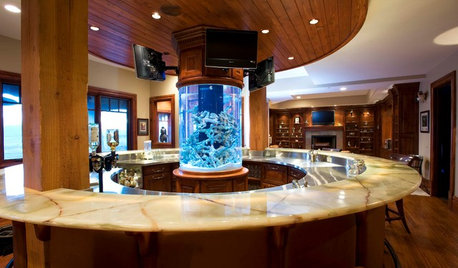
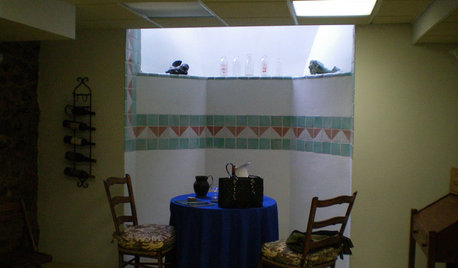



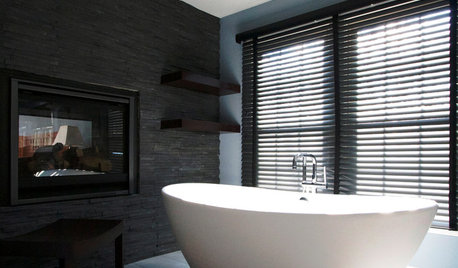
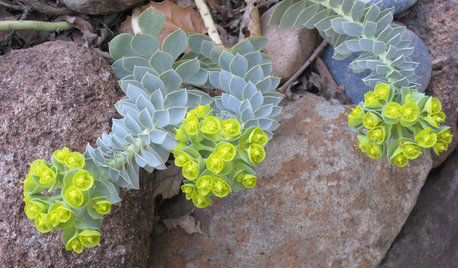
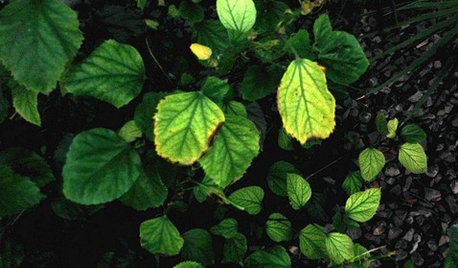



littlehippygirl
woeismeOriginal Author
Related Discussions
aquarium water for houseplants
Q
any one selling their fish tank?
Q
Mangrove in aquarium
Q
1 teaspoon of table salt per gallon of aquarium water
Q
littlehippygirl
woeismeOriginal Author
uninformed_kitty
fairy_toadmother
Eccly